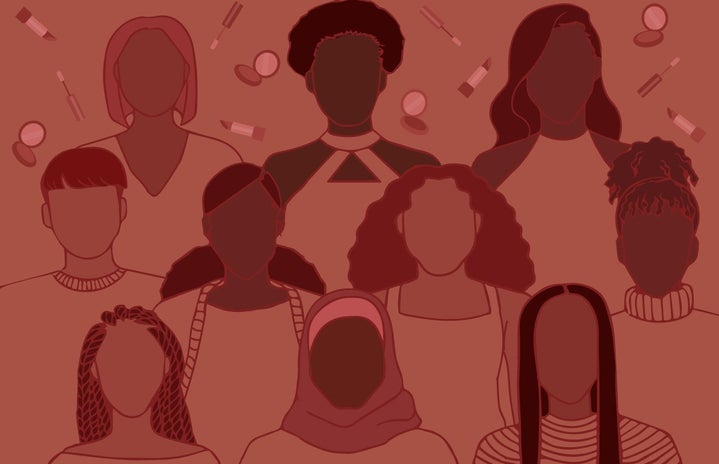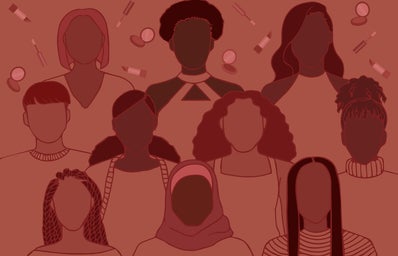The resurgence of rightwing politics once more appears to be looming across the world. From India to Hungary to Argentina, the unfolding of rightwing sentiments signals a dangerous pattern. What does it mean for women?
Rightwing politics is defined by an exclusionary ideology and processes of ‘othering’ ‘enemy’ communities. Often this ‘enemy’ or group of ‘enemies’ constitute marginalised populations, particularly ethnic, racial, gender, and sexual minorities. Rightwing politicians may construct these ‘enemy’ communities into false threats through the process of ‘othering’.
With victories in local and general elections, rightwing parties and leaders are gaining political power around the world. This has been observed in Hungary, where rightwing populist leader Victor Orbán was elected for a fourth-consecutive term in 2022; in France, a far-right party led by Marine Le Pen is expected to gain seats in the European Parliament elections in 2024; one political scientist has warned that the US may succumb to a rightwing dictator by 2030. The picture isn’t any better elsewhere. Researchers have expressed concern about the rapid growth of popularity of India’s rightwing populist party, the Bharatiya Janata Party. A far-right leader, Javier Milei, was also propelled to the presidential seat in Argentina in 2023.
Why should the world be worried? Rightwing politics are antagonistic towards women’s emancipation and broader gender equality. Ridden with ‘traditional’ masculinity, misogynistic and patriarchal ideals, rightwing movements are likely to reverse previous gains made in women’s social, economic, political, and cultural rights. Thus, in many rightwing movements, antifeminism is also a key feature and actors who may oppose feminist policies often play a key role.
Rightwing leaders, like Orbán, have espoused traditional gender roles and gender stereotypes. For instance, the Orbán government, has accused the education system of ‘pinkwashing’ . It claims that favouring female graduates would harm the country’s economy, reduce birth rates and economically hinder men. Although some rightwingers like Narendra Modi (leader of the Bharatiya Janata Party) have expressed commitment to women’s liberties, some have called him a ‘fake crusader of women’s rights’ as his government continues to evade the criminalization of marital rape. With the victory of Milei in Argentina, anxieties now also lurk among Argentinian feminists that their hard-fought abortion rights may be rescinded.
Considering how rightwing politics is antithetical to women’s empowerment, it may seem contradictory why some women are attracted to these political movements. However, many women have led rightwing groups and subscribed to their ideals. Marine Le Pen, regarded a ‘feminist’ by some in France, is a prime example; some French activists have attacked her for failing to address gender-based violence and the gender pay gap in her political plans.
Without a doubt, the resurgence of rightwing politics, regardless of location or leadership, does not seem to signal a positive future. But fortunately, all is not bleak. Resistance movements to the rightwing resurgence have been mounting in many corners of the world. In Latin America, movements led by coalitions of feminist and LGBTQ+ communities have been resisting the rightwing resurgence. In several parts of Europe, vibrant women’s movements have formed in response to the economic and social deprivation induced by rightwing political parties. Additionally, transnational networks have been growing in number to counter the proliferation of rightwing agendas.
Rightwing politics can have extremely toxic effects across societies, triggering democratic backsliding, repressing free speech, and amplifying religious fundamentalism. Women and marginalised communities bear the brunt of such policies which attack their fundamental rights. So, how should we try to navigate these complex and precarious terrains? Resistance remains crucial, particularly transnational resistance which includes intersectional voices and advocates for large-scale mobilisation. A broader change would address the very root causes of radicalisation and recruitment into rightwing ideology and organisations. Before the damaging effects of rightwing politics can invade any further, concerted action is needed to prevent reversals in women’s rights and to protect the most oppressed in society.


